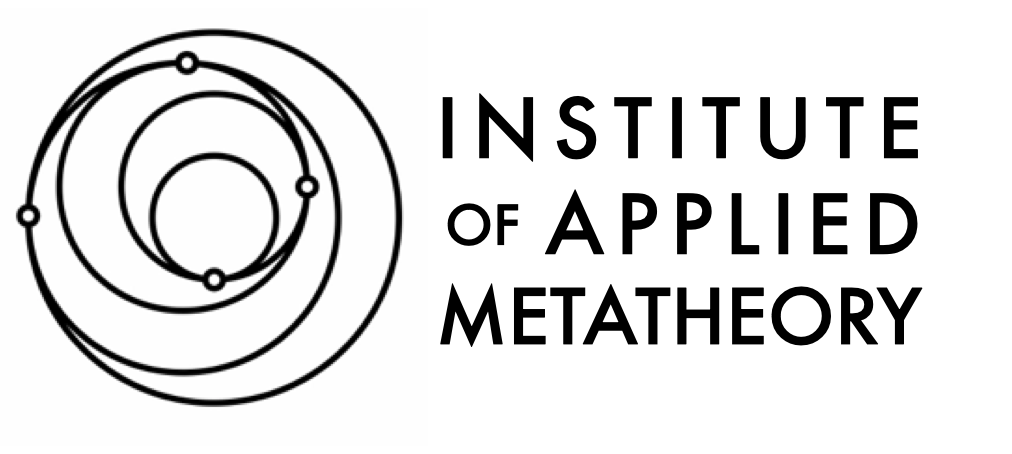- We believe that bridging multiple disciplines is essential for constructing a truly integrated view of reality. We aim to synthesize insights from fields like physics, chemistry, biology, psychology, sociology, philosophy, and mathematics in pursuit of a comprehensive understanding of the cosmos.
- We posit that developmental and evolutionary processes govern the emergence of novelty in both the natural world and cultural spheres. These processes serve as the bedrock for explaining how new forms and ideas arise.
- We assert that reality consists of nested hierarchies spanning from the microscopic to the cosmic. This nested structure demands multi-tiered approaches that honor both mechanistic detail and grand systemic patterns.
- We affirm that objective observations and subjective perspectives are mutually illuminating facets of any phenomenon. Genuine integration requires merging empirical rigor with an appreciation for inner experience.
- We posit that developmental frameworks clarify cultural, societal, and psychological growth. The same principles that guide biological growth also map onto the expansion of collective and individual consciousness.
- We affirm a non-relativistic pluralism of ways of knowing and reality frames
- We believe that our approach moves beyond both naive objectivism and postmodern fragmentation. It harmonizes reason and context, forging a coherent worldview that values depth and nuance.
- We posit that knowledge of the world is always a “view from somewhere,” and this view is constructively shaped by entities relating to their environments.
About the author
Dima Bulatov
Dima Bulatov is the Director of Design & Engineering for the Institute of Applied Metatheory, where he leads the Institute's software development, AI and design efforts supporting internal tool innovation and Applied Metatheory Initiatives. He is a cofounder of Context, an AI-based business frameworks mapping platform, and formerly was head of design and front-end development for Integral Life. He is a graduate of Bauman Moscow State Technical University, where he earned a degree in electrical engineering.

